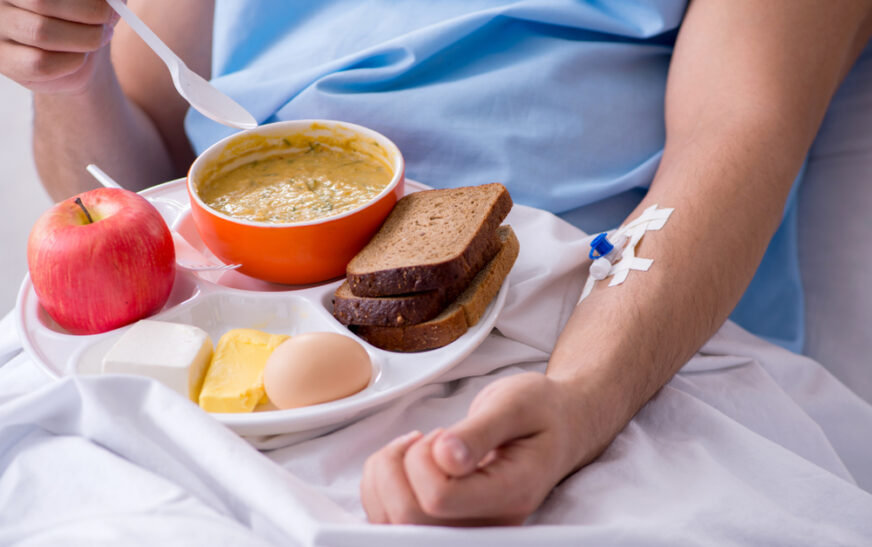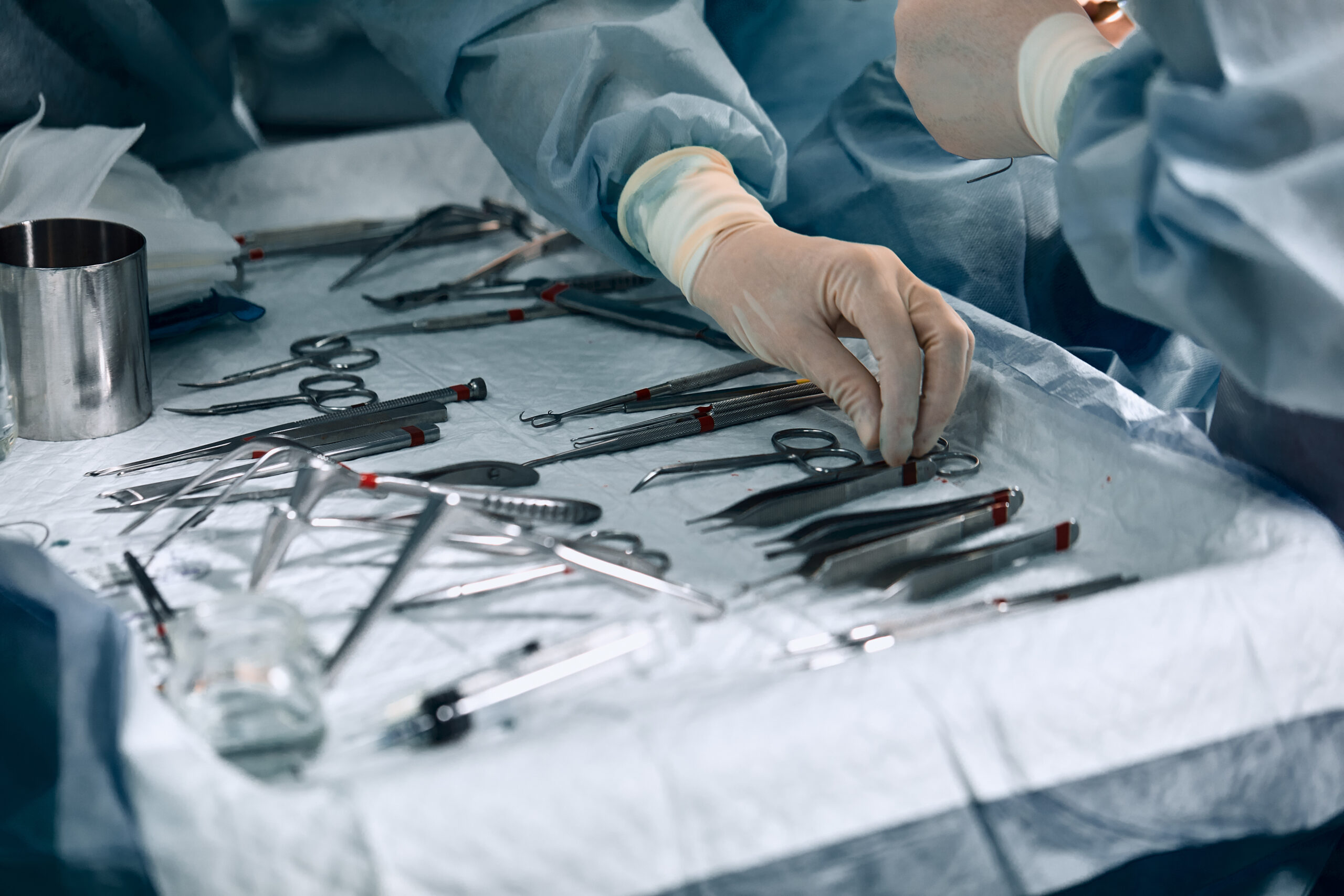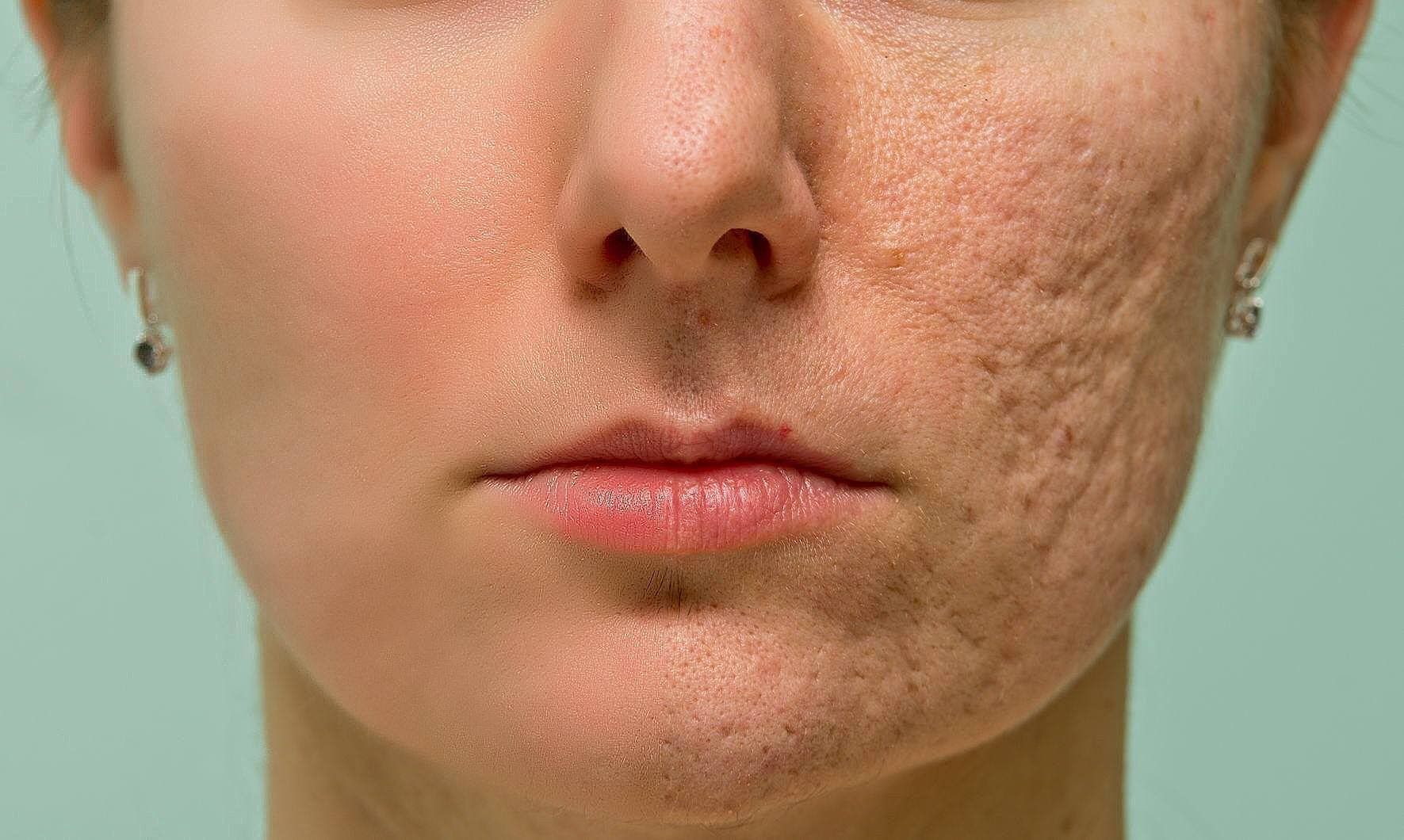Navigating the world of cancer treatment can be daunting, and finding the right guidance is crucial. When it comes to nutrition during cancer treatment, the advice of a skilled oncologist like Dr. Vijay Karan Reddy, renowned as the best oncologist in Hyderabad, can be invaluable. His approach integrates comprehensive treatment plans with supportive care that includes nutritional counseling to optimize patient outcomes.
The Importance of Nutrition in Cancer Care
Nutrition plays a pivotal role in cancer care, influencing patient outcomes, quality of life, and overall treatment response. The body needs adequate nutrition to maintain strength, preserve muscle mass, combat infection, and recover from the rigors of treatments like chemotherapy, radiation, and surgery. However, cancer and its treatment can often lead to malnutrition, drastically affecting patient outcomes. It’s essential for patients and caregivers to understand the nutritional challenges posed by cancer and how to address them effectively.
Understanding Malnutrition in Cancer Patients
Malnutrition in cancer patients can be due to various factors, including:
- Anorexia: Loss of appetite or desire to eat.
- Cachexia: A complex metabolic syndrome associated with underlying illness and characterized by loss of muscle with or without loss of fat mass.
- Treatment side effects: Such as nausea, vomiting, taste changes, and mouth sores, which can deter eating and proper nutrition.
Recognizing these signs early is crucial for timely intervention. Nutritionists and oncologists can work together to tailor dietary plans that help mitigate these issues.
Nutritional Strategies During Cancer Treatment
1. Calorie-Dense Meals: High-calorie meals are beneficial for cancer patients, especially when appetite is reduced. Including nutrient-rich calorie boosters like avocados, nuts, seeds, and olive oil can help maintain energy levels.
2. Protein Intake: Protein needs are higher in cancer patients to help repair cells and tissues, fight infections, and maintain body weight. Good sources include lean meats, fish, eggs, dairy products, nuts, and legumes.
3. Manage Treatment Side Effects: Dietary adjustments can help manage side effects. For example, ginger and peppermint can alleviate nausea, while ice-cold foods can soothe mouth sores.
4. Hydration: Staying hydrated is essential, particularly for those experiencing vomiting or diarrhea. Water, soups, and foods with high water content can aid hydration.
5. Small, Frequent Meals: Eating small, frequent meals can be easier than consuming three large meals, especially if nausea or low appetite is a problem.
The Role of Specific Nutrients
Antioxidants: There’s ongoing debate about the role of antioxidants during cancer treatment. Some studies suggest they can protect healthy cells from damage; however, high doses may interfere with chemotherapy and radiation. It’s vital to discuss antioxidant intake with an oncologist before starting any supplements.
Vitamin D and Calcium: These are critical, particularly for patients with bone loss due to cancer or its treatment. Adequate levels can support bone health and overall well-being.
Omega-3 Fatty Acids: Found in fish like salmon and sardines, these fats can help combat cachexia and are known for their anti-inflammatory properties.
Dietary Considerations by Cancer Type
Dietary needs can vary significantly depending on the type of cancer and the organs involved. For instance:
- Breast Cancer: A diet high in fruits and vegetables and low in saturated fats is often recommended.
- Colorectal Cancer: Diets high in fiber are generally advised.
- Head and Neck Cancers: These patients might require liquid diets or tube feeding due to difficulty swallowing.
The Impact of Diet on Recovery and Recurrence
Post-treatment, a balanced diet can help speed recovery, minimize recurrence risks, and improve long-term health. Cancer survivors are often advised to follow diets rich in vegetables, fruits, whole grains, and lean proteins and to limit intake of red meats and processed foods.
Conclusion
Effective nutritional management during and after cancer treatment can profoundly affect patient outcomes and quality of life. Patients should work closely with their healthcare providers, including a knowledgeable oncologist and a registered dietitian, to develop a nutrition plan tailored to their individual needs. Dr. Vijay Karan Reddy’s holistic approach to oncology includes such supportive care, making him a trusted name in cancer treatment in Hyderabad.








102 Comments
Clear and concise with useful tips, offering straightforward advice that readers can easily follow and benefit from.
I’m so glad I stumbled upon your blog. This post, like many others, is filled with valuable insights and a positive perspective. It’s clear that you put a lot of thought and care into your writing, and it makes a world of difference. Thank you for consistently creating content that uplifts and inspires! Please check my post at https://mazkingin.com
I have bookmarked your blog and refer back to it whenever I need a dose of positivity and inspiration Your words have a way of brightening up my day
Thank you for always being open and honest with your readers It’s refreshing to see a blogger who is unafraid to be vulnerable and real
Your words have resonated with us and we can’t wait to read more of your amazing content. Thank you for sharing your expertise and passion with the world.
Your content always keeps me coming back for more!
This blog post is packed with great content!
I just wanted to take a moment to express my gratitude for the great content you consistently produce. It’s informative, interesting, and always keeps me coming back for more!
As a fellow blogger, I can appreciate the time and effort that goes into creating well-crafted posts You are doing an amazing job
This blog is a great mix of informative and entertaining content It keeps me engaged and interested from start to finish
Wow, this blogger is seriously impressive!
This is such an important reminder and one that I needed to hear today Thank you for always providing timely and relevant content
Your blog has quickly become one of my favorites, and this post is a perfect example of why. The positivity and optimism you bring to each topic are refreshing and much needed. It’s clear that you genuinely care about your readers and want to spread good vibes. Thank you for all that you do! — please subscribe to my channel https://www.youtube.com/@jivoice?sub_confirmation=1
This post truly brightened my day! I appreciate how you delve into the topic with such positivity and clarity. It’s refreshing to see content that not only informs but also uplifts the reader. Your writing style is engaging and always leaves me feeling inspired. Keep up the fantastic work!
one win one win .
1wln https://www.1win822.ru .
mostbet apk скачать mostbet apk скачать .
мостбет скачать казино https://mostbet783.ru .
1 вин вход http://1win810.ru .
mostbet chrono https://www.mostbet784.ru .
mostbet kg https://eisberg.forum24.ru/?1-0-0-00000327-000-0-0-1742579529/ .
мостбет кыргызстан скачать https://taksafonchik.borda.ru/?1-14-0-00002042-000-0-0-1742473173/ .
баланс ван вин баланс ван вин .
1вин https://1win824.ru/ .
1 вин официальный https://1win825.ru/ .
ван вин 1win811.ru .
mostbet промокод mostbet промокод .
1win футбол http://www.1win826.ru .
1win играть http://1win812.ru/ .
1win pro 1win pro .
cazinouri online moldova https://www.1win5003.ru .
мостбет скачать андроид https://www.mostbet786.ru .
1win win http://1win6011.ru .
игра 1вин http://www.1win813.ru .
мостбет кыргызстан http://www.mostbet794.ru .
1win прямой эфир 1win прямой эфир .
мостбет мобильная версия скачать https://www.shorts.borda.ru/?1-18-0-00000397-000-0-0 .
1win ваучер https://boardwars.forum24.ru/?1-10-0-00000406-000-0-0/ .
1 вин https://1win814.ru/ .
сайт 1win сайт 1win .
мостбет кг https://tagilshops.forum24.ru/?1-4-0-00000205-000-0-0 .
mostbet игры mostbet игры .
1win kg http://www.1win815.ru .
1win прямой эфир 1win6014.ru .
mostbet скачать на телефон бесплатно андроид http://kharkovbynight.forum24.ru/?1-15-0-00003047-000-0-0-1742814422/ .
1win официальный сайт регистрация yamama.forum24.ru/?1-11-0-00000459-000-0-0-1742818616 .
мостбет авиатор mostbet6001.ru .
1вин официальный сайт https://1win816.ru/ .
официальный сайт 1win официальный сайт 1win .
мостбет авиатор мостбет авиатор .
wan win https://www.mymoscow.forum24.ru/?1-6-0-00026928-000-0-0 .
поддержка мостбет https://mostbet6002.ru .
Your blog post was really enjoyable to read, and I appreciate the effort you put into creating such great content. Keep up the great work!
1win футбол https://1win817.ru/ .
1 win официальный http://dogzz.forum24.ru/?1-10-0-00000155-000-0-0-1742818537 .
aviator mostbet http://corgan.borda.ru/?1-0-0-00000265-000-0-0 .
mostbet промокод mostbet промокод .
1wi http://1win6016.ru .
мос бет http://mostbet789.ru/ .
mostbest mostbest .
1 win kg http://www.zdorovie.forum24.ru/?1-7-0-00000231-000-0-0-1742818050 .
1вин официальный сайт http://1win6017.ru .
1вин 1вин .
сайт 1win официальный сайт вход http://1win6013.ru .
зайти в 1вин http://knowledge.forum24.ru/?1-0-0-00000101-000-0-0-1742817704 .
mostbet apk скачать http://www.mostbet6004.ru .
1win скачать kg https://belbeer.borda.ru/?1-6-0-00001583-000-0-0 .
мостбет промокод https://www.girikms.forum24.ru/?1-1-0-00000361-000-0-0-1742819287 .
1 вин официальный сайт 1win6018.ru .
мостбет авиатор http://kharkovbynight.forum24.ru/?1-15-0-00003047-000-0-0 .
mostbet kg скачать на андроид http://mostbet6005.ru/ .
win 1 https://obmen.forum24.ru/?1-1-0-00004428-000-0-0-1742816292/ .
1win pro 1win6019.ru .
мостбет промокод мостбет промокод .
most bet most bet .
mostbet kg скачать http://www.severussnape.borda.ru/?1-10-0-00000023-000-0-0-1743053372 .
мост бет https://assa0.myqip.ru/?1-23-0-00000149-000-0-0-1743053201/ .
казино онлайн kg https://cah.forum24.ru/?1-3-0-00000096-000-0-0-1743053764/ .
сайт 1win официальный сайт вход https://fanfiction.borda.ru/?1-0-0-00029708-000-0-0-1743051664/ .
1 win.kg https://www.admiralshow.forum24.ru/?1-17-0-00000242-000-0-0-1742816555 .
1вин rossvya 1вин rossvya .
1win https://naigle.borda.ru/?1-17-0-00000329-000-0-0-1742816734 .
Your writing is so eloquent and persuasive You have a talent for getting your message across and inspiring meaningful change
As a new reader, I am blown away by the quality and depth of your content I am excited to explore your past posts and see what else you have to offer
I appreciate your creativity and the effort you put into every post. Keep up the great work!
Your posts always leave me feeling motivated and empowered You have a gift for inspiring others and it’s evident in your writing
Your writing is so eloquent and persuasive You have a talent for getting your message across and inspiring meaningful change
один вин один вин .
1win online 1win online .
1win rossvya https://www.cinemania.forum24.ru/?1-15-0-00001911-000-0-0-1743258043 .
1win ракета http://www.knowledge.forum24.ru/?1-1-0-00000082-000-0-0-1743258384 .
Your blog post was really enjoyable to read, and I appreciate the effort you put into creating such great content. Keep up the great work!
1win pro https://freereklama.borda.ru/?1-5-0-00000114-000-0-0-1743258539/ .
1win online https://snatkina.borda.ru/?1-5-0-00000311-000-0-0-1743258575 .
мост бет мост бет .
мостбет кыргызстан скачать https://severussnape.borda.ru/?1-4-0-00000505-000-0-0-1743260265 .
служба поддержки мостбет номер телефона https://remsanteh.borda.ru/?1-6-0-00000047-000-0-0/ .
баланс ван вин баланс ван вин .
1вин кыргызстан https://cah.forum24.ru/?1-13-0-00001678-000-0-0 .
мостбет chrono https://eisberg.forum24.ru/?1-5-0-00002579-000-0-0-1743260427/ .
1win сайт вход http://sebezh.borda.ru/?1-10-0-00000117-000-0-0-1743052058 .
Love this appreciation for great content